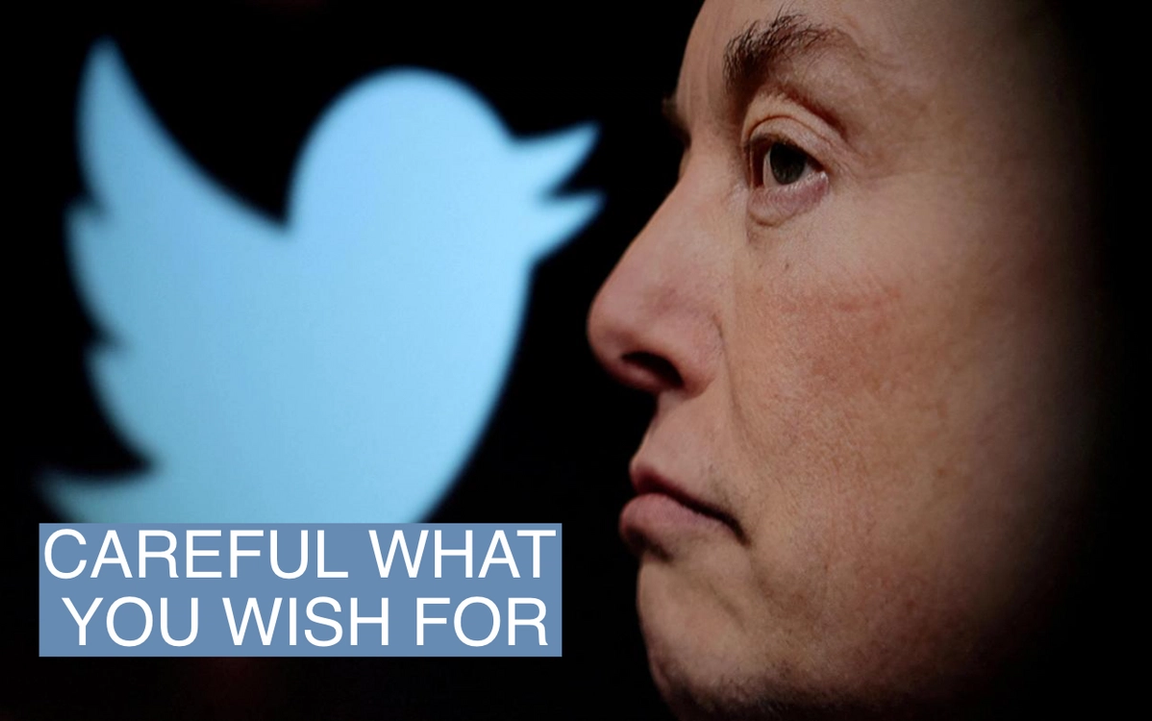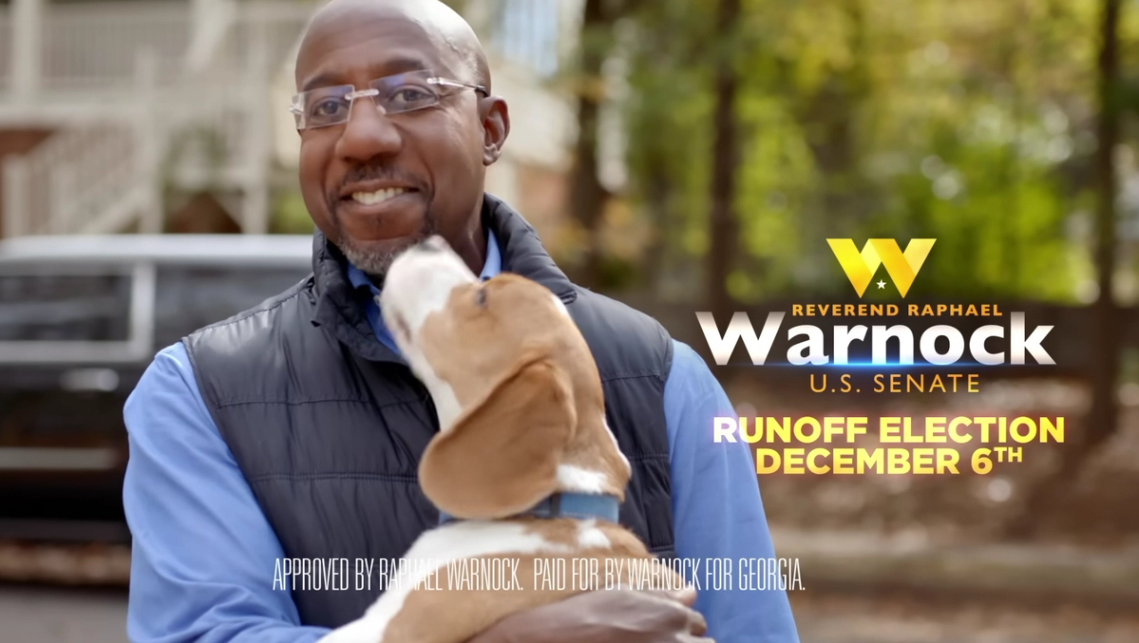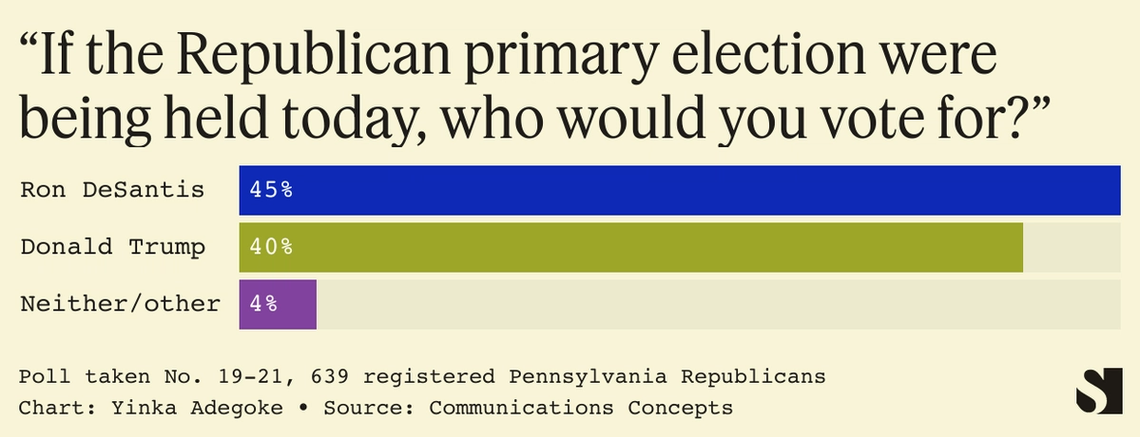 REUTERS/Dado Ruvic/Illustration REUTERS/Dado Ruvic/IllustrationTHE NEWS Jared Taylor would like to get back on Twitter. “I would be happy,” he told Semafor, “to get back the 40,000 followers I lost on December 18, 2017.” On that day, Twitter announced new rules to “reduce hateful conflict and abusive behavior,” which meant a crackdown on people like Taylor. He’d founded the white nationalist magazine American Renaissance, called himself a “race realist,” and unsuccessfully sued Twitter on behalf of far-right figures removed after the 2017 “Unite the Right” rally in Charlottesville, where a Nazi sympathizer killed anti-racist protestor Heather Heyer. Since then, Elon Musk has purchased Twitter, and endorsed an “amnesty” for banned accounts, “provided that they have not broken the law or engaged in egregious spam.” Activists, academics, and ex-Twitter employees fear a “hellmouth” opening up, re-platforming thousands of bigoted or conspiracy-minded accounts that nobody in mainstream politics wanted to deal with. DAVE’S VIEW The age of de-platforming might be over, making way for Musk’s version of free speech. But it also comes at a moment when the Republican Party is more worried about the political consequences of its ties to extremism than almost any time since 2016. Donald Trump’s dinner with three men banned or suspended from Twitter under the old rules — rapper Ye, white supremacist podcaster Nick Fuentes, and Milo Yiannopoulos — reminds people of what Musk’s predecessors kept a lid on. “It’s going to suck for Republicans,” said Melissa Ryan, a progressive strategist who tracks far-right activism and speech in her Ctrl+Alt Right+Delete newsletter. “Some of these guys are going to go hog wild as soon as they can.” No conservative that Semafor talked to was opposed to Musk changing the old Twitter consensus. By the time Musk bought the company, the highest-profile suspensions opposed by the more mainstream right were for users who’d violated Twitter rules against “targeted misgendering or deadnaming of transgender individuals.” This policy ensnared accounts like The Babylon Bee, an Onion-like conservative publication that named top Biden health official Rachel Levine, a transgender woman, “Man of the Year.” Those rules have been relaxed; the idea that Twitter will no longer enforce progressive or left-wing norms has thrilled critics who saw them as destructive. “The threat of Twitter mobs ensured quick compliance from corporate executives, and other figures of power, lest the pitchforks be aimed at their necks,” Danish programmer David Heinemeier Hansson wrote last week. “But now Twitter is owned by Elon Musk.” But Twitter also suspended “more than 70,000” accounts after the Jan. 6, 2021 riot at the Capitol, smothering discussion of QAnon conspiracy theories about cabals of blood-drinking pedophiles and removing Trump’s ability to use the platform. Some fled to conservative competitors, but there hasn’t been a social media site that could build a critical mass of users like Twitter, or survive pressure campaigns from groups that highlighted far-right activity taking place. Crucially, the bans shrunk the boundaries of political speech on the social network that most reliably drives media coverage. De-platforming took far-right figures out of the place where news outlets were most likely to see them and where hostile interactions with reporters, celebrities, and politicians could generate headlines. It also meant conservatives had to respond to far fewer outrages over Trump, or other politicians, hobnobbing with extremists in public view. The Republican response to the Nov. 8 elections, and to the Mar-a-Lago dinner, revealed new worries about what the prominence of far-right views mean for their party. A wide array of Republicans, from former Vice President Mike Pence to Senate Minority Leader Mitch McConnell to some of Trump’s top Jewish supporters, made clear he crossed a line by legitimizing hateful extremists. But that line may be harder to police with a potential flood of antisemites, white nationalists, and conspiracy mongers returning to Twitter to again bait Trump and other conservative politicians with flattery and claims of shared victimhood. “We’re obviously looking at Elon Musk unleashing a whole new era on Twitter where far right extremists and white supremacists are empowered,” said Dan Schwerin, the co-founder of Evergreen Strategy Group. In 2016, as Hillary Clinton’s director of speechwriting, Schwerin worked on an address about the far right, highlighting Trump’s retweets of antisemitic and white nationalist accounts — covered, at the time, like a strange distraction from Trump’s effective attacks on her campaign. “There’s more awareness of what’s out there than there was when Hillary sounded the alarm in Reno,” he said. “But it’s not like things have gotten any better. The only bright spot really, is what we saw in the midterms — that crazy doesn’t necessarily sell with voters.” After Clinton’s 2016 “alt right” speech drew attention to Taylor’s role in popularizing online hate, he went on a media tour, telling audiences that “the races are not equal and equivalent.” Asked this week what might have happened had Twitter not banned people like him, Taylor suggested that “race differences in average IQ and crime rates would be better understood and more sanely debated.” ROOM FOR DISAGREEMENT Musk’s decision to grant the right’s wishes for laxer moderation might turn out to be a monkey’s paw for Republicans. But it’s possible the free speech principles at stake here are more important to the GOP than day-to-day politics. House GOP Leader Kevin McCarthy and others have argued the White House has overstepped its First Amendment bounds by expressing concern over Twitter’s policies on hateful conduct, which they see as government intimidating a private actor over their decisions on speech. “That is offensive to me,” he said after a meeting with Biden on Tuesday. “Government is going to go after someone who wants to have free speech?” NOTABLE - Over at The Intercept, Robert Mackey and Micah Lee see Musk’s hand in a “purge of left-wing activists,” mostly because Musk’s actual hand keeps tweeting with right-wing accounts that want to purge left-wing activists and anarchists. Chad Loder, one of the banned, says that Twitter wasn’t a safe space for leftists, but a “frightening battleground where we managed barely to claw out an uneasy existence amidst the worst violent neo-Nazi extremists who constantly published our home addresses, threatened our kids’ lives, and sent hordes of racist trolls into our mentions.”
| 





